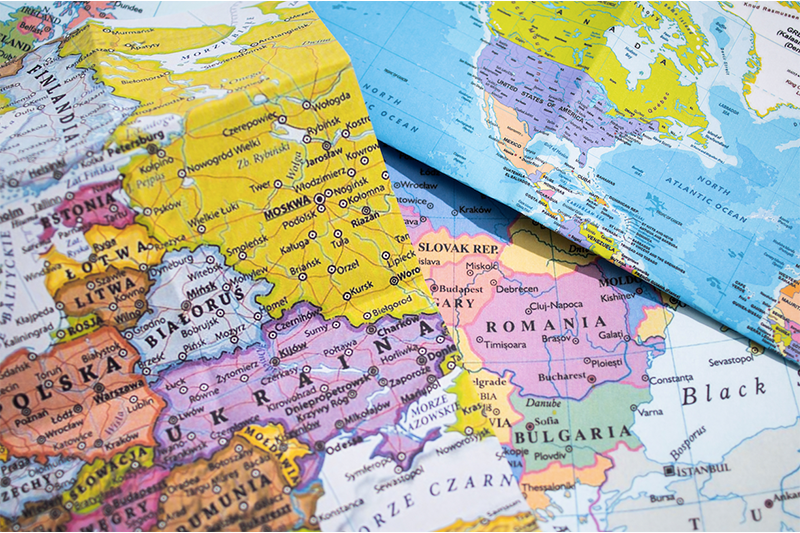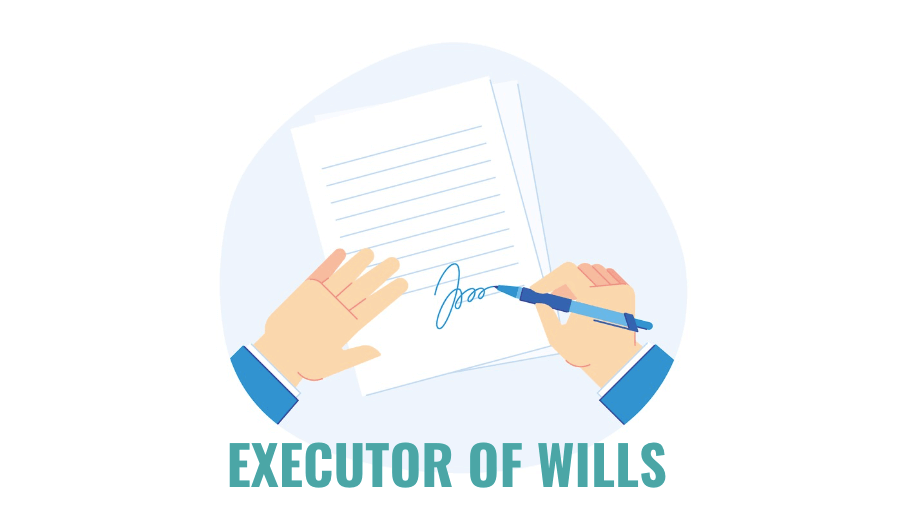Estate and personal planning is the process of setting up legal instructions for your incapacity, health care directive and death… before any of these circumstances happen to you. Planning is achieved through three key legal documents: Will, Power of Attorney and Representation Agreement.
Last Will & Testament (Will)
Your estate is comprised of the assets that you own, in your name alone, at the time of your death. This includes money, property, household furnishings, vehicles and other personal possessions. Property that is held in joint ownership with other person(s) and accounts with designated beneficiaries – TFSA, RSP, life insurance – are not included in the estate. When you die, your Will is used to provide your final instruction for distribution of your estate to the beneficiaries of your choosing.
Tip: If you die without a Will, the Wills, Estates and Succession Act (WESA) governs how your estate will be divided.
There are different types of POAs, but the most common is the enduring power of attorney, which is valid for your entire lifetime (until revocation or death) – even if you are incapacitated. Other types of POAs can be set up to take effect only in certain circumstances. Regardless of the type, a POA confers serious authority and must be given to trusted persons only; but, with the right considerations and advice, a POA can become one of your most critical and relatively inexpensive tools for your future financial planning.







